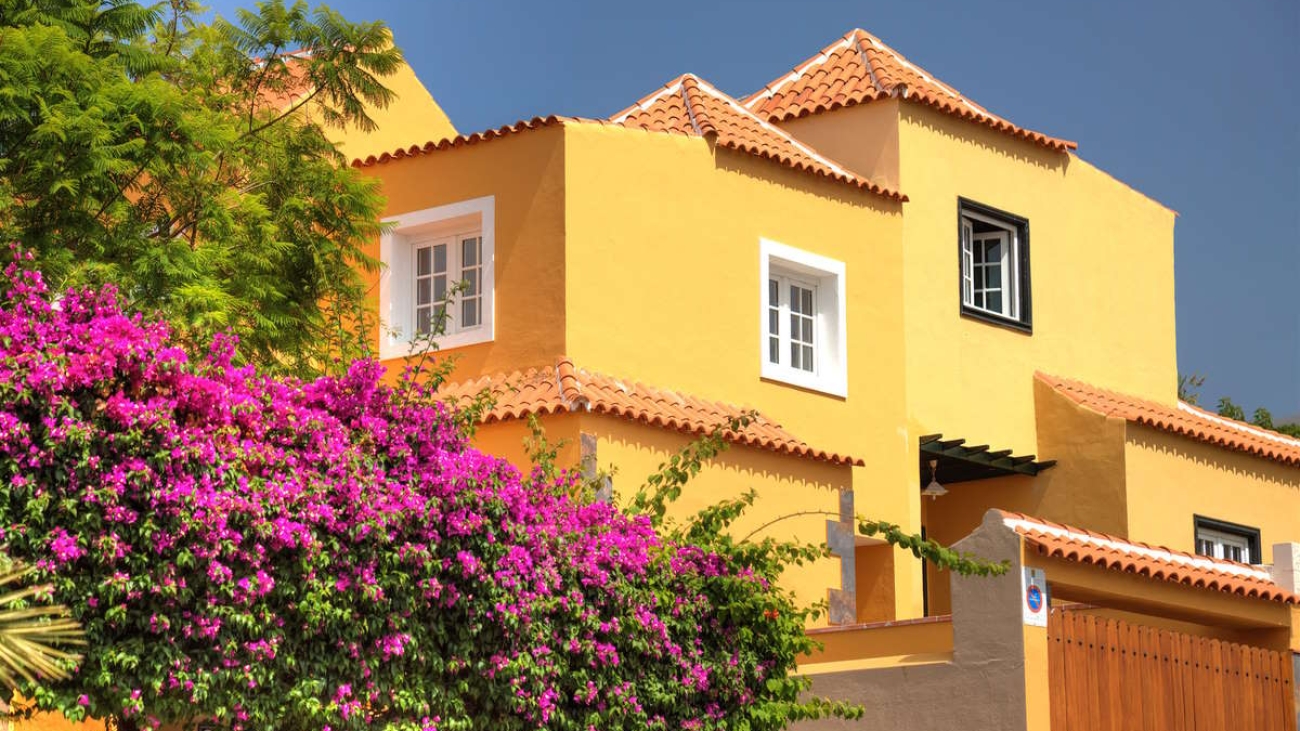UPDATE
In November Congress approved a bill that included text to scrap the ‘Golden Visa’ and end this residency scheme as soon as January 2025. On December 2nd, the Senate vetoed the bill sending it back to Congress delaying the ending of the Golden Visa. The legislation has now been passed and will come into effect 3rd April 2025.
It will be possible to apply for a ‘Golden Visa up to that date, and anyone who has been granted residency under the scheme will be able to continue renewing in the future.
Background to the End of the Spain’s Golden Visa
Just over one year after Portugal announced that its ‘Golden Visa’ for property investors would be coming to an end, Spain has signaled the end of the ‘Golden Visa‘ for property purchases in Spain.
On Monday 8th April 2024, President Pedro Sanchez announced, “We are going to start the procedure to eliminate the granting of the so-called golden visa , which allows access to the residence regime when more than half a million euros are invested in real estate. We are going to take the necessary measures to guarantee that housing is a right and not a mere speculative business,”
The residency by property investment scheme, offers a 3 year residency permit to foreigners from third countries who purchase a property for €500,000 or more.
The scheme, introduced in 2013 in the fallout of the housing market crash and financial crisis, was seen as a way to invigorate the real estate sector by attracting investment from foreigners, but has not been without criticism. Not least for the lightweight background checks, and being viewed by other EU nations as a back door into the EU for individuals who would otherwise not gain access.
At home, the scrutiny is more political, with those averse claiming that it distorts, and has negative socio-economic affects. It is this which Sanchez seems to indicate as the main driver, as he stated that nearly all approved ‘Golden Visas’ and residency permits for property investments were located in regional capitals such as Barcelona, Madrid, Malaga and Valencia, ‘cities where the housing market is stressed’.
He added “We do not want a speculative investment model with housing”, further commenting on the aim of his main policy to ‘guarantee access to affordable housing . . . and assure that no citizen has to spend more than 30% of their income towards having a suitable, quality home’.
In 2023, foreign buyers bought 15% of all homes sold in Spain with British buyers continuing to top the board as the nationality with the largest numbers buyers.
When Ireland, Portugal and Greece got rid of their ‘Golden Visa’ schemes, lack of affordable rental housing stock in its major cities was also cited as a main reason.
Others, including real estate experts have a different view and warn that ending the scheme could be harmful to the Spanish economy as the country will lose foreign investment into the property sector.
Whatever view taken, one thing now seems certain, the countdown has started and it is just a matter of time before Spain’s ‘Golden Visa’ for property investment comes to an end.
Until then, it remains an option for those who have €500k to invest in a property, and anyone looking to do so, needs to act now before it’s too late.
This article references information published by El Pais
Image credit: Sala del Consejo de Ministros, Edificio del Consejo de Ministros Photographs by Borja Puig de la Bellacasa via Wikimedia Commons


